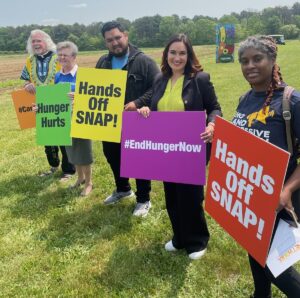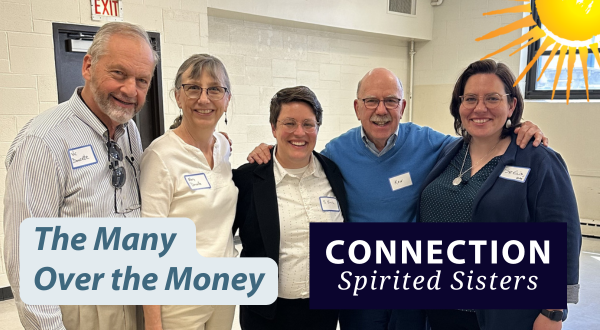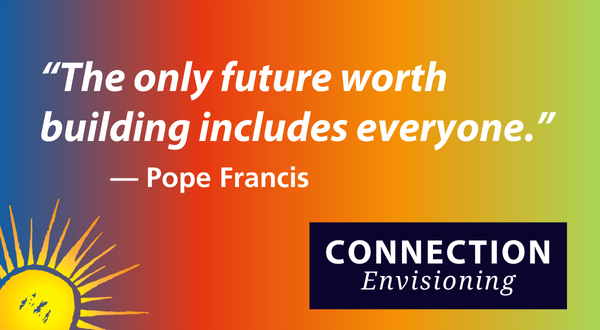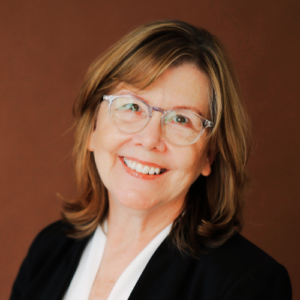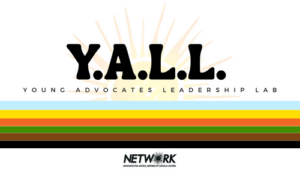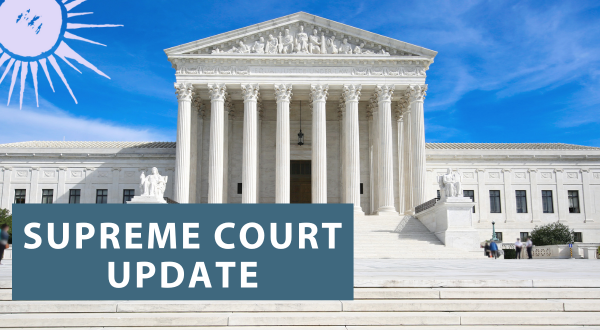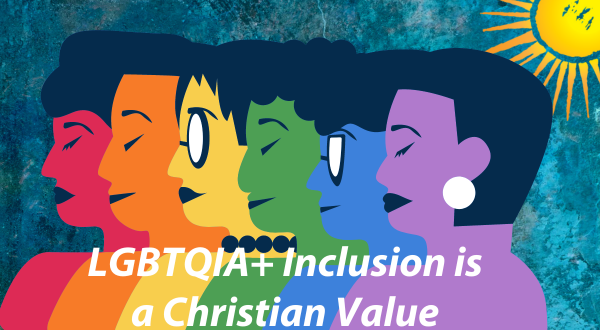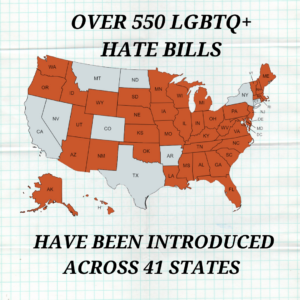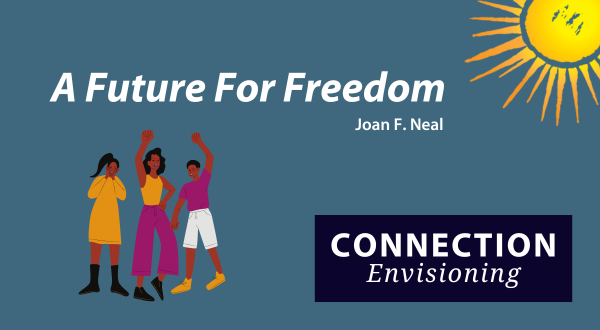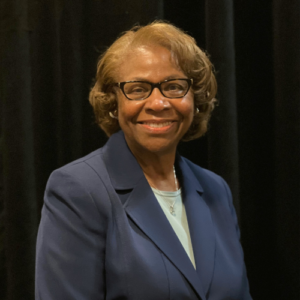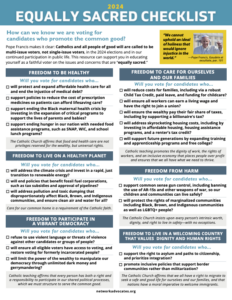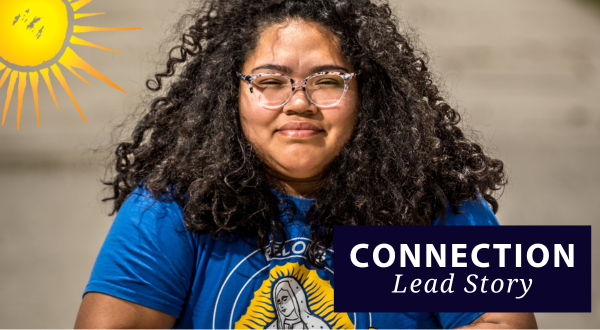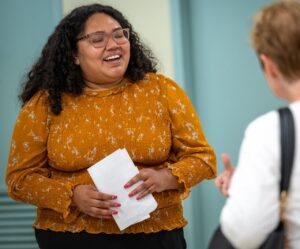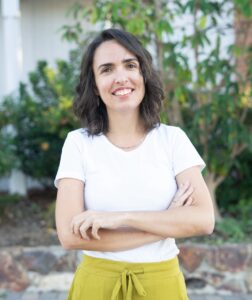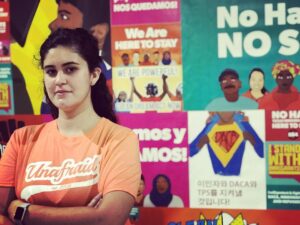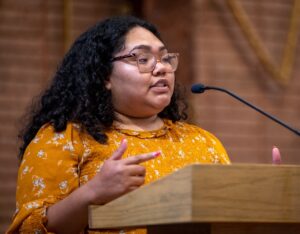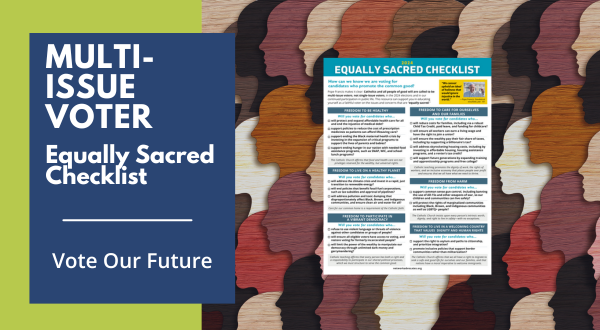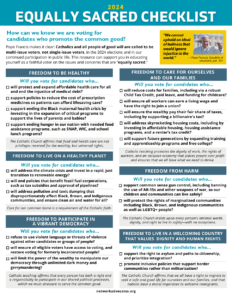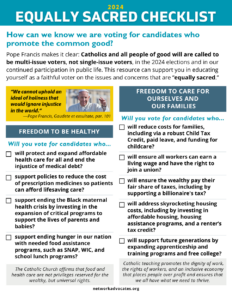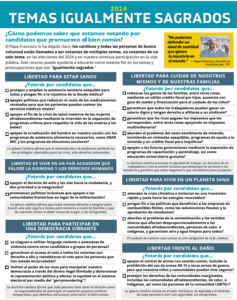
2024 Presidential Debate Bingo!
Use NETWORK’s BINGO card to follow along the Presidential Debate on September 10
September 5, 2024
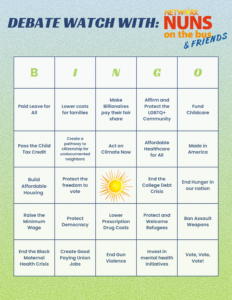 Who doesn’t like a good game of bingo while watching a debate?!
Who doesn’t like a good game of bingo while watching a debate?!
Presidential candidates Vice President Kamala Harris and former President Donald Trump will have their first debate in Philadelphia, Pennsylvania on Tuesday, September 10 at 9:00 PM EDT on ABC. You can also watch the debate on Disney+ and Hulu.
Join NETWORK, our partners, and advocates across the country in watching the debate and playing BINGO along the way! While most bingo cards contain numbered squares, NETWORK’s nonpartisan bingo card features policies and actions that will bring us toward a future where everyone thrives, no exceptions. As you watch the debate, mark off any squares on your bingo card that you hear a candidate mention!
Download and print out the 2024 Presidential Debate Bingo Card.
The 2024 election poses a critical choice to our country: will we choose a future where everyone thrives? You can use the bingo card to help you track what the candidates have to say on the issues, and discern how your vote will protect and expand a flourishing, multiracial, multi-faith democracy for all.
Don’t forget to let us know on social media if you score a BINGO! Post a photo of your bingo card and tag us at @network_lobby on Instagram or @NETWORKLobby on Facebook, and use hashtags like #MultiIssueVoter or #VoteOurFuture.
Download and print out the 2024 Presidential Debate Bingo Card.
Learn more about the issues and freedoms at stake this election with NETWORK’s Equally Sacred Checklist.
After you watch the debate…
 Make a plan to VOTE! Head to NETWORK’s Be a Voter page to check your voter registration status, find your voting information, make a voting plan, and tell your family and friends to vote, too!
Make a plan to VOTE! Head to NETWORK’s Be a Voter page to check your voter registration status, find your voting information, make a voting plan, and tell your family and friends to vote, too!







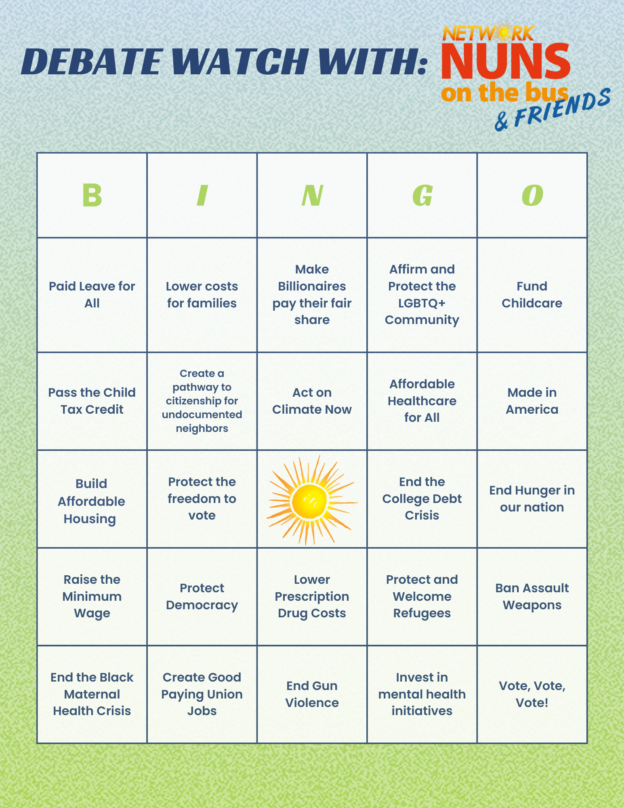
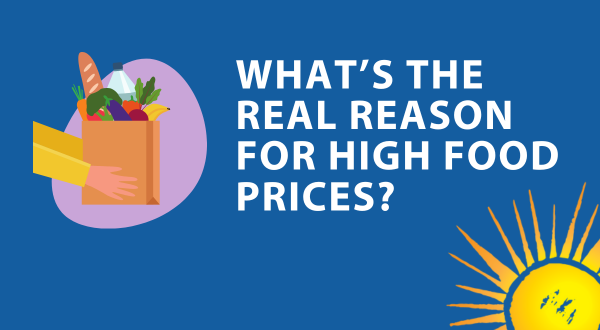
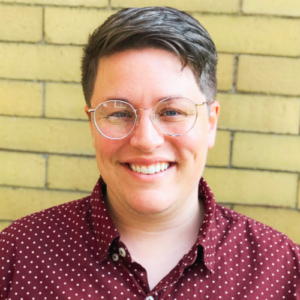
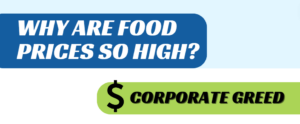 Big corporations made $2.5 trillion in profits in 2021 alone, their most profitable year since 1950—and corporate food executives still raised prices.
Big corporations made $2.5 trillion in profits in 2021 alone, their most profitable year since 1950—and corporate food executives still raised prices.
